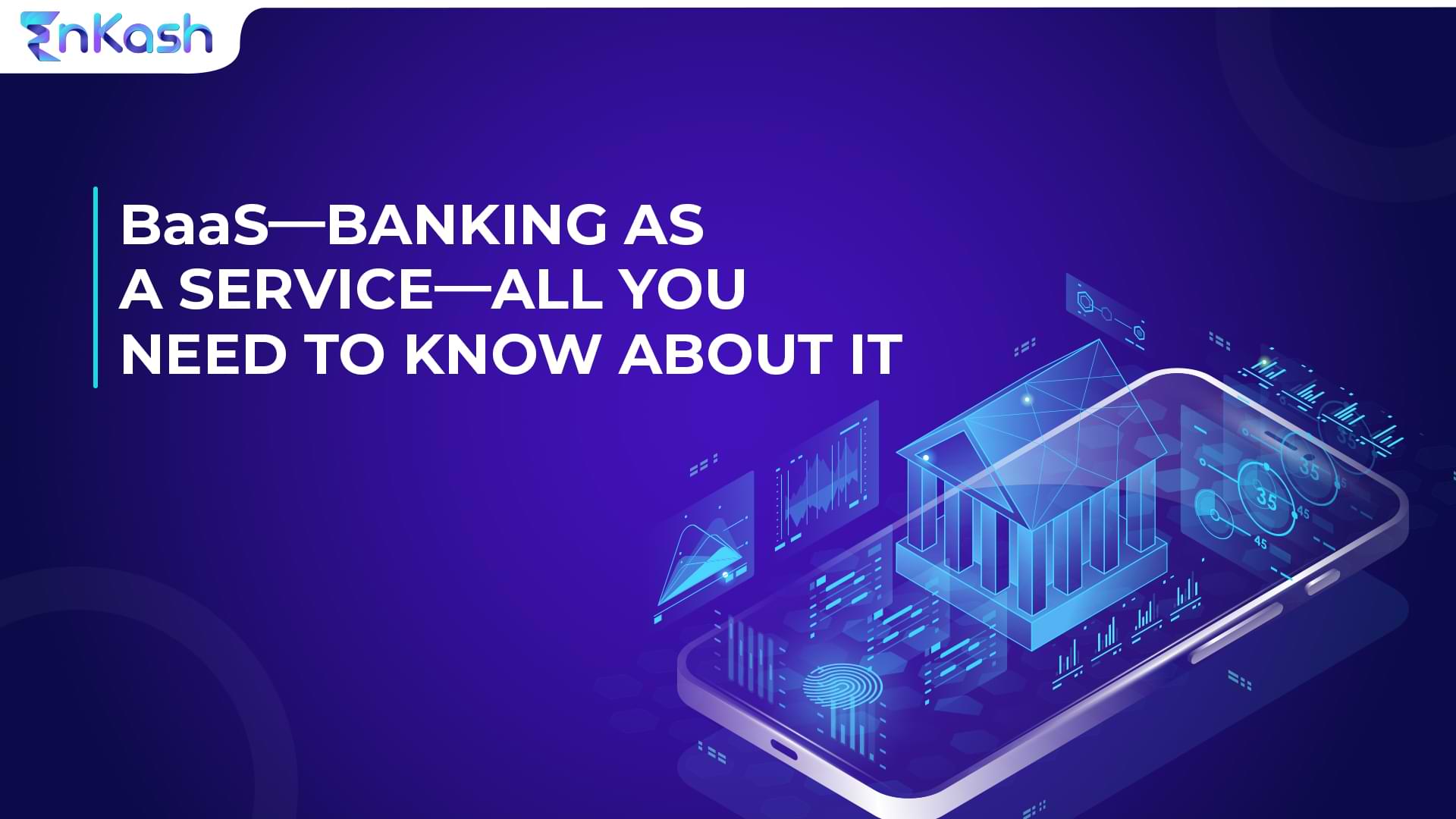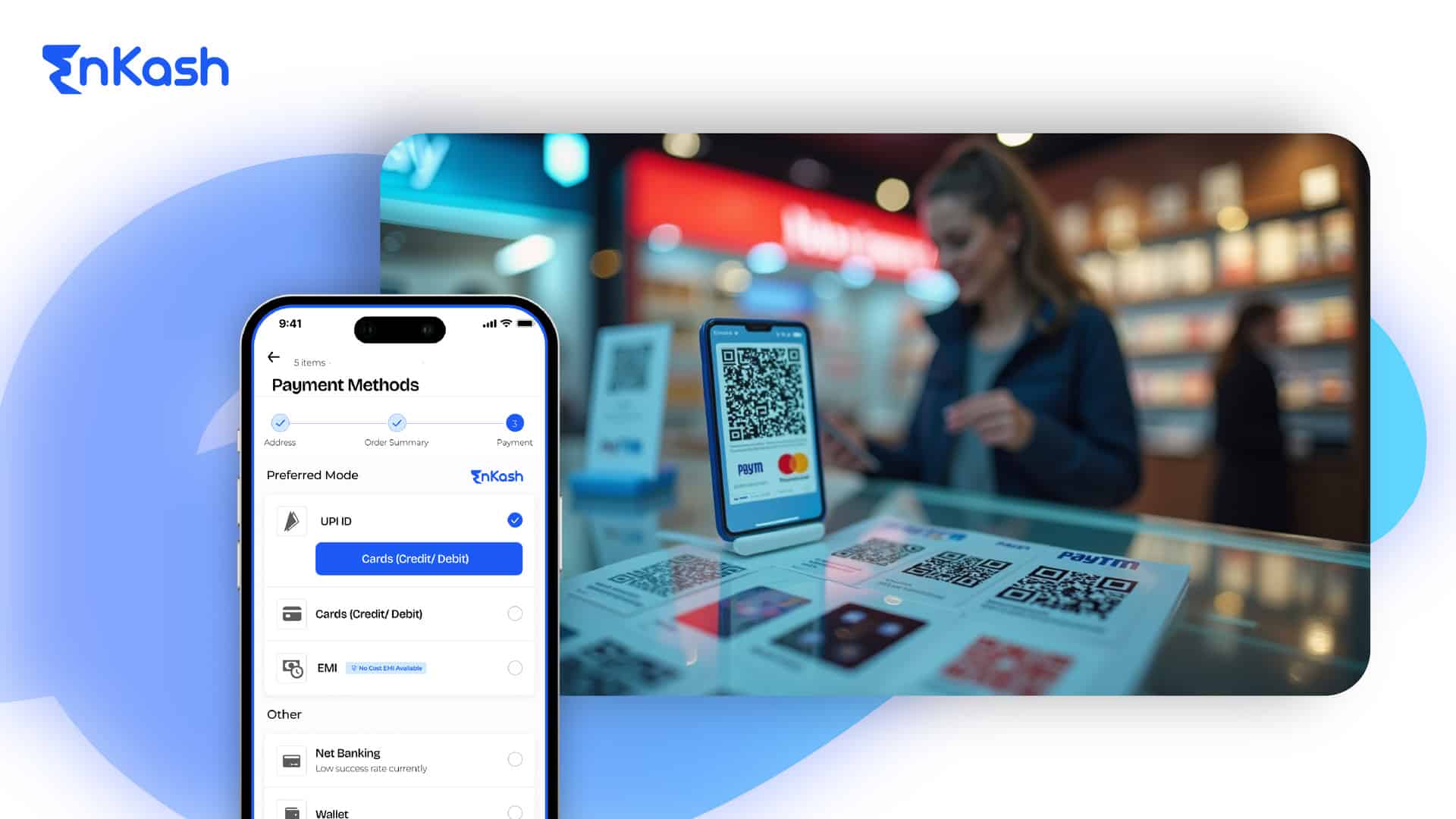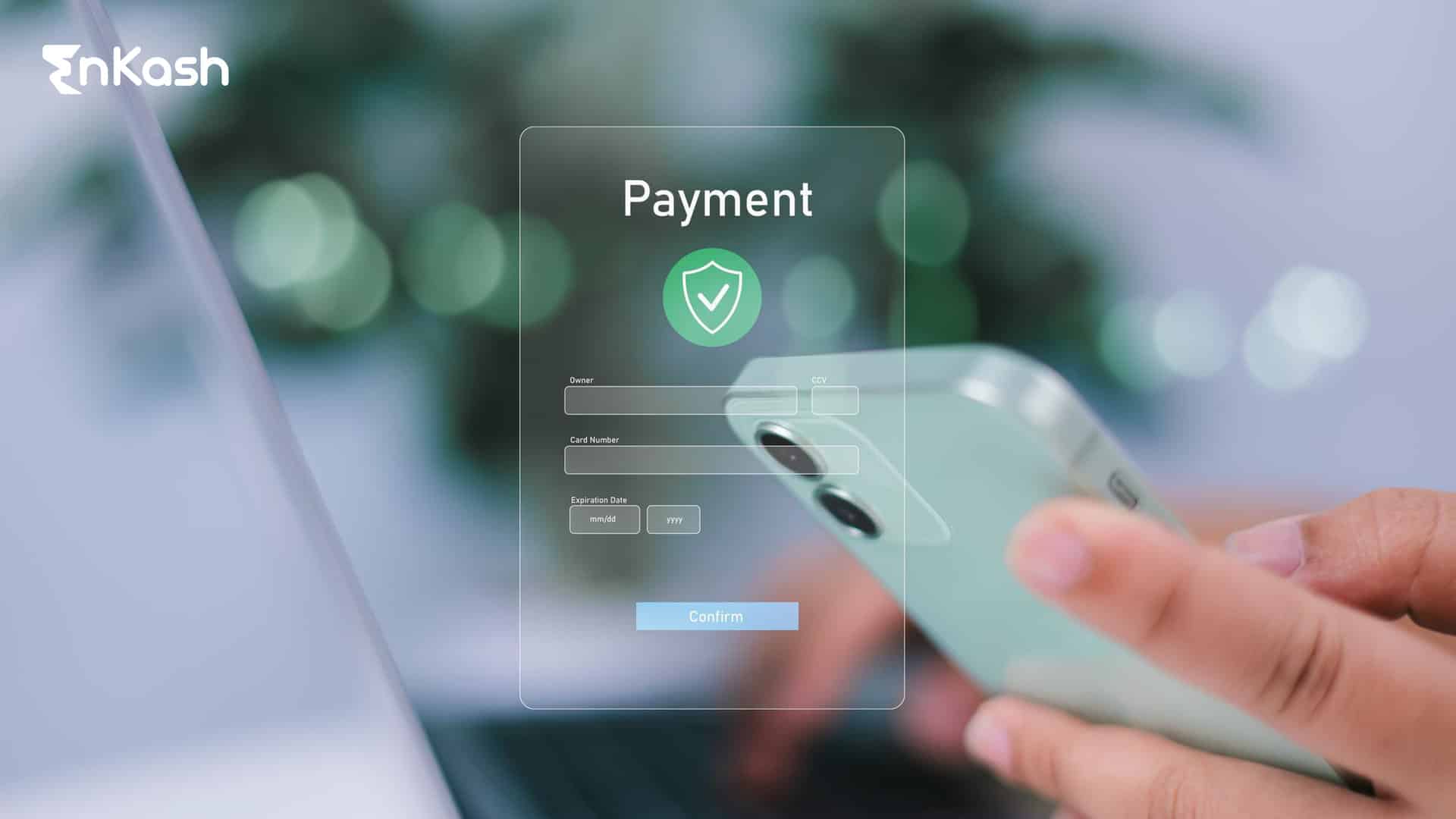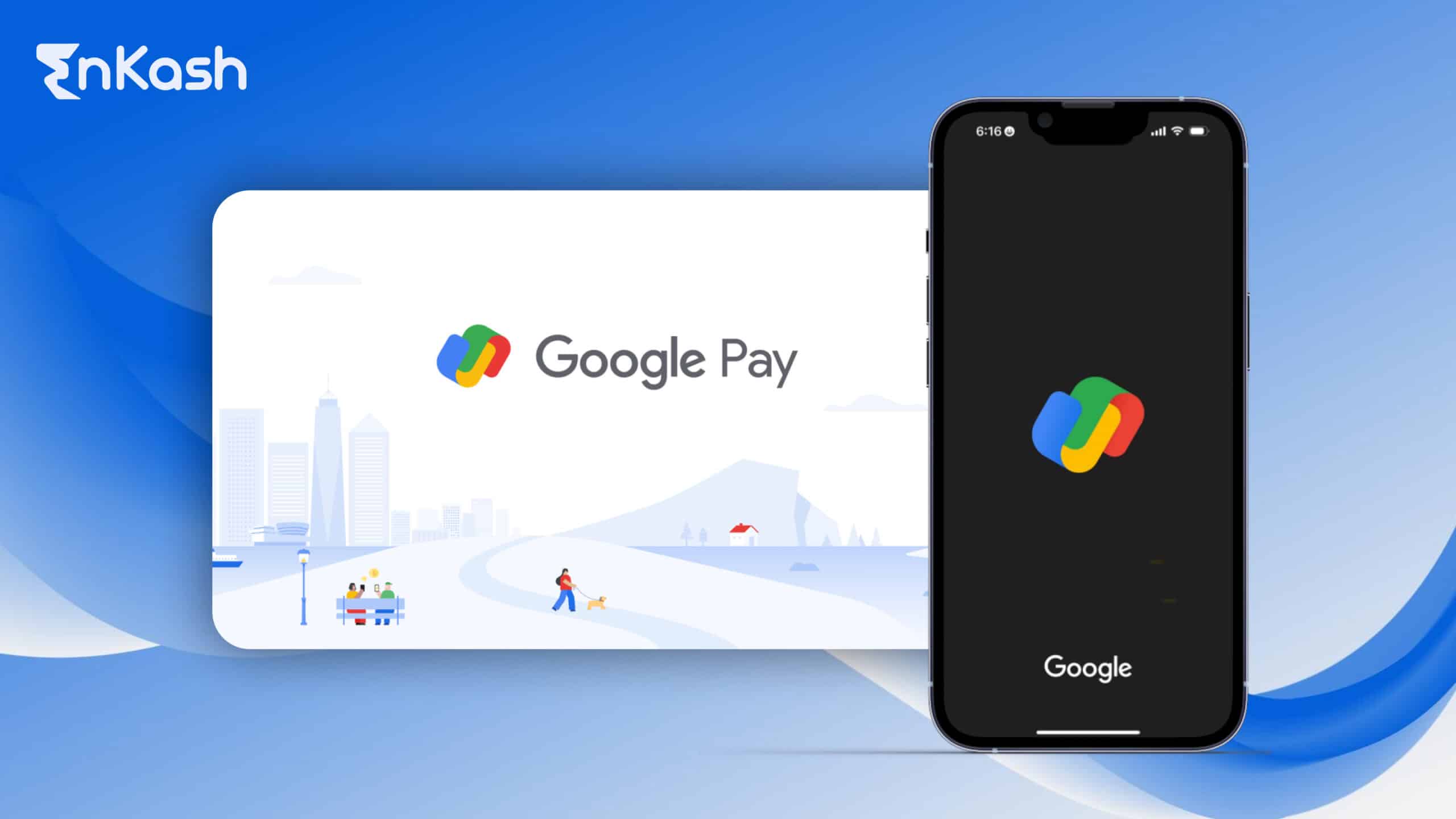Today it is not unusual to come across terms like SaaS (software as a service) and BaaS (banking as a service). While software as a service has become the norm rather than the exception, BaaS still remains confusing for many people.
What is BaaS?
BaaS (Banking as a Services) takes a holistic approach to banking and allows fintech companies and other third parties to connect with banks, using APIs.
How does BaaS work?
BaaS operates on the principle of collaboration and integration. Here’s a step-by-step breakdown of how it works:
API Integration: BaaS providers offer a range of APIs that expose banking functionalities such as payments, transfers, account management, KYC processes, card issuance, and more. Developers and businesses integrate these APIs into their applications or platforms.
Data Exchange: Through API calls, data flows between the external application and the bank’s systems in a secure and controlled manner. This data exchange allows for real-time access to banking services without direct involvement from the bank’s customer-facing interfaces.
Customization and Scalability: BaaS solutions are often customizable to suit the specific needs of businesses. They also offer scalability, allowing companies to scale their financial services as their user base grows.
Regulatory Compliance: BaaS providers ensure compliance with regulatory standards and security protocols to protect sensitive financial data and uphold industry regulations.
Value Addition: By leveraging BaaS, businesses can offer enhanced financial services to their customers, improve operational efficiency, reduce time-to-market for new products, and create seamless user experiences.
Difference between BaaS and Traditional Banking
The primary difference between BaaS and traditional banking lies in their approach to service delivery and ecosystem integration:
Infrastructure: Traditional banks operate within their proprietary infrastructure, offering banking services exclusively to their customers through physical branches, ATMs, and online banking portals.
Partnerships and APIs: BaaS fosters partnerships between banks and external entities by providing APIs that enable seamless integration of banking functionalities into third-party applications, platforms, and services.
Agility and Innovation: BaaS promotes agility and innovation by empowering non-banking entities to leverage banking capabilities, create new financial products, and deliver personalized services to diverse customer segments.
Things to Look for in a BaaS Provider
When choosing a BaaS provider, businesses should consider several factors to ensure a successful partnership:
API Reliability: Evaluate the reliability, uptime, and performance of the provider’s APIs to ensure smooth integration and uninterrupted service delivery.
Security Measures: Verify the provider’s security protocols, encryption standards, data privacy policies, and compliance with regulatory requirements such as GDPR, PCI DSS, and PSD2.
Scalability and Flexibility: Assess the scalability of the BaaS platform to accommodate growing user bases and evolving business needs. Look for flexibility in customization and feature sets.
Regulatory Compliance: Confirm that the provider adheres to relevant banking regulations, licensing requirements, and industry standards to avoid legal complications.
Customer Support:
Evaluate the quality of customer support, responsiveness to queries, and availability of technical assistance during integration and ongoing operations.
How does BaaS add value?
BaaS enables organizations to create and offer financial services, using the bank’s base infrastructure to enable improved banking services. Since the services that are part of the BaaS (Banking as a Services) portfolio are based on banking itself, they take core services and make it better.
Here are some instances where BaaS adds value:
Facilitate collections
When you are a business selling products or services to other businesses, then the collection function plays a pivotal role in ensuring that you have a healthy cash flow. When you collect funds from a customer, the usual process is to ensure that it reflects in the bank. BaaS offers you multiple ways to enhance the collection process by automating invoices, embedding payment links, sending reminders, and above all these, it also ensures that you have complete visibility over the entire process.
Enable payments
As a thriving business, it is vital to have a good working relationship with your suppliers and vendors to ensure uninterrupted supplies. One of the critical factors to this is to make payments on time. BaaS (banking as a service) makes the process of keeping track of payments and making them on time with the right approvals with complete transparency and security. BaaS also facilitates other regular payments like rent, utilities, taxes, etc., with regular reminders, automatic retrieval of invoices, and offering many options to pay the amount.
Issue cards
While banks are the core issuer of cards to customers with specific limits, BaaS provides corporates to further issue co-branded or other types of cards. As a result, companies will find it easy to empower their employees to make payments for business-related expenses.
Speed up KYC
Know your customer or KYC is an important part of the banking industry. With the use of BaaS, this process can be cut short and made more efficient and accurate. With BaaS, the process of onboarding new customers with the requisite information, which has been verified and checked becomes much quicker.
Controls and checks
BaaS also offers corporates with a platform to track and control the expenses they make on a regular basis. Furthermore, BaaS also offers data and insights into payment and collection patterns to help you plan better. You can put controls and checks at various levels to ensure spend is warranted and as planned.
Future Trends in BaaS
BaaS is poised to undergo significant transformations and innovations in the coming years. Here are some key future trends to watch out for:
Decentralized Finance (DeFi) Integration: BaaS providers may integrate with decentralized finance protocols and blockchain technology to offer secure, transparent, and efficient financial services such as lending, borrowing, and asset management.
AI and Machine Learning Enhancements: AI-driven analytics, predictive modeling, and machine learning algorithms will enhance BaaS platforms, enabling personalized recommendations, risk assessments, fraud detection, and automated decision-making processes.
Open Banking Ecosystems: BaaS will further expand into open banking ecosystems, fostering collaboration among banks, fintechs, regulators, and consumers to promote data sharing, innovation, and interoperability across financial services.
Cybersecurity and Data Privacy Focus: BaaS providers will prioritize cybersecurity measures, data encryption techniques, identity verification solutions, and compliance frameworks to mitigate cyber threats, safeguard sensitive information, and uphold regulatory standards.
Tokenization and Digital Assets: BaaS platforms may facilitate the tokenization of assets, enabling fractional ownership, tokenized securities, digital currencies, and innovative investment opportunities for individuals and businesses.
API Standardization and Interoperability: Standardized APIs, API marketplaces, and interoperable frameworks will promote seamless integration, collaboration, and scalability within the BaaS ecosystem, fostering ecosystem growth and innovation.
Challenges & Considerations in Adopting BaaS
While BaaS offers compelling benefits, businesses must navigate certain challenges and considerations during the adoption process:
Regulatory Compliance Complexity: Compliance with diverse regulatory frameworks, such as KYC/AML regulations, data protection laws (e.g., GDPR), financial reporting standards, and cross-border regulations, requires careful planning and ongoing monitoring.
Data Security and Privacy Risks: Managing sensitive financial data, preventing data breaches, implementing robust encryption protocols, and ensuring customer privacy are critical considerations for BaaS adoption.
Integration and Interoperability Challenges: Integration with existing systems, legacy infrastructure, third-party applications, and ensuring API compatibility pose technical challenges that require thorough testing, documentation, and collaboration with BaaS providers.
Vendor Selection and Due Diligence: Choosing the right BaaS provider involves evaluating factors such as reputation, reliability, scalability, security measures, compliance track record, service level agreements (SLAs), and long-term partnership viability.
Operational Resilience and Continuity: Establishing contingency plans, disaster recovery protocols, redundancy measures, and business continuity strategies is essential to mitigate operational risks, system downtimes, and service disruptions.
User Experience and Adoption: Ensuring a seamless user experience, intuitive interfaces, responsive customer support, and effective onboarding processes are key to driving user adoption, satisfaction, and retention in BaaS-enabled services.What is more, BaaS helps financial services to be delivered to the end user at a lesser cost, enables quicker launches, and improve the customer experience on the whole. The advancements in BaaS has helped a wider audience get access to financial services. Given the rising number of startups, smaller and medium businesses in our growing economy, it is critical for all businesses to have access to banking services and BaaS does just that.
Moreover, today a country like ours wants to move away from the paper-bound and physical aspect of banking and financial services to a virtual experience. BaaS has a huge role to play in this aspect by not only ensuring speed and accessibility but also ensuring security at every level.













